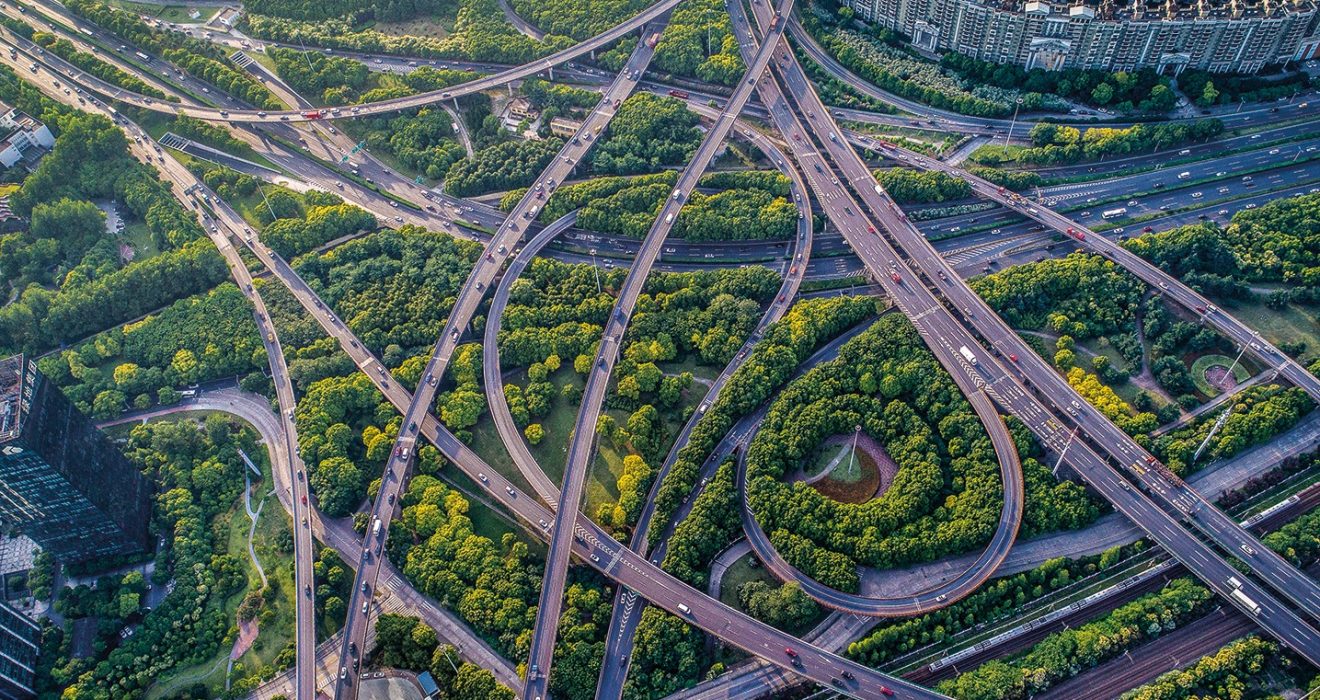Urban expansion is rapidly transforming landscapes worldwide, exerting profound effects on the environment, climate, and natural resources. With urban areas already accounting for up to 75% of global greenhouse gas emissions, the pace of urbanization is set to double or even triple by 2050, placing unprecedented strain on Earth’s systems. This exponential growth not only exacerbates climate change but also drives habitat destruction and biodiversity loss, threatening the delicate balance of ecosystems.
Against this backdrop, scientists stress the urgent imperative for policy changes to steer urban development towards sustainability. Without decisive action, the environmental consequences of unchecked urban expansion could be catastrophic. From increased air and water pollution to the depletion of vital resources, the ramifications of unsustainable urban growth are far-reaching and multifaceted.
Addressing these challenges requires a paradigm shift in how we approach urban planning and governance. By prioritizing sustainability and resilience in urban development policies, we can mitigate the adverse impacts of urbanization and pave the way for a more harmonious relationship between cities and the natural world. The time to act is now, as the decisions we make today will shape the cities of tomorrow and determine the fate of our planet.
Impact on Global Systems: Understanding the Scope
The impact of urbanization on global systems cannot be overstated. As hubs of human activity, urban areas are significant contributors to greenhouse gas emissions and are key drivers of habitat loss and fragmentation. This dual threat to both climate stability and biodiversity underscores the critical importance of integrating urban growth considerations into global policy frameworks. To effectively address these challenges, the authors emphasize the indispensable role of scientific research in guiding decision-making processes at all levels, from local urban planning initiatives to international policy discussions. By leveraging scientific insights, policymakers can develop strategies that promote sustainable urban development while mitigating the detrimental effects on the environment and global ecosystems.
Call to Action: Establishing an Urban Science Panel
In response to the pressing need for informed decision-making in urban policy, leading scientists are calling for the establishment of an urban science panel. This panel, envisioned as a crucial resource for international policy-making bodies such as the United Nations, would serve as a nexus for scientific expertise on urbanization. By synthesizing research findings and providing evidence-based recommendations, the panel would empower policymakers to address the multifaceted challenges of urban growth effectively. Moreover, it would facilitate collaboration between scientists, policymakers, and other stakeholders, fostering a holistic approach to sustainable urban development. With its mandate to bridge the gap between science and policy, the urban science panel holds immense potential to catalyze transformative action towards building resilient, equitable, and environmentally sound cities for future generations.
Author Expertise: Karen Seto and Collaborators
Karen Seto, Frederick C. Hixon Professor of Geography and Urbanization Science at the Yale School of the Environment, stands as a luminary figure in the realm of urbanization science. With a distinguished career marked by groundbreaking research and influential contributions, Seto brings unparalleled expertise to the forefront of the discourse on sustainable urban growth. Her pioneering work has shed light on the intricate dynamics of urban expansion and its far-reaching implications for the environment and society. Leveraging her deep understanding of these issues, Seto champions the imperative of transformative action to steer urban development towards a more sustainable trajectory. Through her leadership and collaborative efforts with esteemed colleagues, Seto seeks to catalyze meaningful change, shaping a future where cities serve as beacons of resilience, innovation, and environmental stewardship.
Bridging the Gap: Integrating Urban Dynamics into Global Governance
The authors emphasize the critical need for a holistic approach to urban governance that transcends existing initiatives. While efforts targeting urban development and sustainability are commendable, they contend that a more expansive perspective is essential to address the planetary-scale impacts of urbanization. By elevating urban issues to the forefront of international agendas, policymakers can integrate urban dynamics into global governance frameworks effectively. This strategic shift is imperative to ensure that urban growth is managed sustainably, mitigating its adverse effects on the environment, climate, and social equity while fostering resilience and prosperity in an increasingly urbanized world.
Proposal for Implementation: Establishing the Urban Science Advisory Panel
To address the complexities of urbanization, the authors advocate for the establishment of an Urban Science Advisory Panel. Composed of esteemed scientists, this independent body would be entrusted with the vital task of offering evidence-based guidance to the United Nations. By leveraging the collective expertise of its members, the panel would inform decision-making processes at the highest echelons of global governance. Through rigorous analysis and comprehensive research, the panel would provide policymakers with actionable insights to navigate the challenges of urban growth sustainably. This proactive approach ensures that urban issues are comprehensively addressed in international agendas, fostering a collaborative effort towards building resilient and equitable cities for the future.
Conclusion: A Call for Evidence-Based Dialogue and Action
In conclusion, the authors emphasize the imperative of addressing urbanization’s global impacts through evidence-based dialogue and policy interventions. They underscore the urgency of integrating urban science into international governance structures to ensure a sustainable future for our planet’s increasingly urbanized population.

